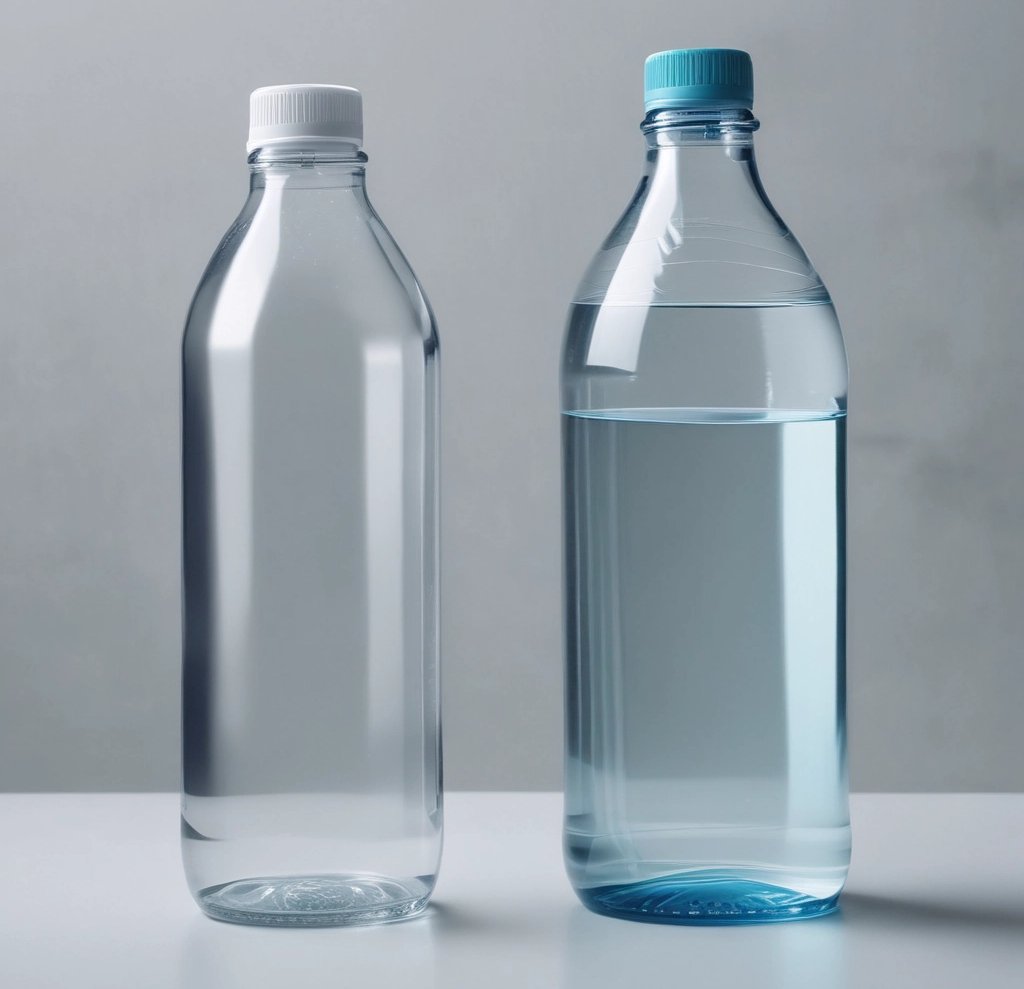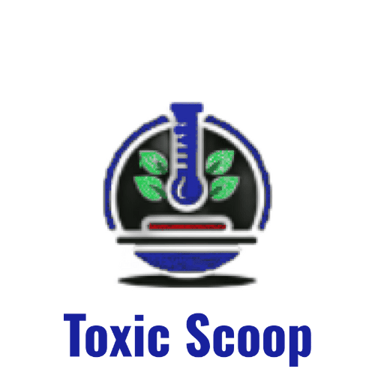
Concerns about toxins in bottled water
What to look for and things to consider when selecting bottled water. What are the long-term effects of drinking bottled water?
Toxic Scoop
1/14/20252 min read


Is Bottled Water Really Better Than Tap Water?
It’s common for people concerned about the quality of tap water to turn to bottled alternatives. For those wary of plastic, higher-end glass bottles may seem like a better choice. However, before you make bottled water your go-to solution, take a moment to consider the facts.
Not All Bottled Water Is Created Equal
In the U.S., many bottled water brands source their water directly from municipal supplies—the same tap water you may be avoiding. While most brands treat the water before bottling, the improvements can sometimes be minimal. The good news is that bottled water facilities are regulated by the U.S. Food and Drug Administration (FDA) as food facilities, with reasonable standards for safety and record-keeping.
However, when it comes to chemical safety, the allowable concentrations for many contaminants in bottled water are almost identical to those set for tap water. For instance, bottled water may legally contain potentially harmful substances like benzene (up to 5 ppb), fluoride (700 ppb), glyphosate (700 ppb), lead (5 ppb), mercury (2 ppb), trichloroethene (5 ppb), and trihalomethanes (80 ppb). Furthermore, bottled water in plastic containers is almost guaranteed to contain microplastics.
The FDA's regulations for bottled water can be found here. It's worth noting that bottled water testing and reporting requirements are generally less stringent than those for tap water. Additionally, there are no federal standards for some common urban contaminants like caffeine and pharmaceutical residues. The State of California has more stringent regulations for bottled water.
A study published in Environmental Science and Pollution Research International reviewed multiple datasets on drinking water quality and found pharmaceutical residues in 91 of 124 studies examined. This highlights the need for careful consideration when choosing your water source.
Due Diligence Is Key
Just because water is packaged in a bottle doesn’t mean it’s free from toxins. To make informed decisions about your drinking water, take responsibility for understanding the risks and choosing wisely.
How to Choose Safer Bottled Water
If you prefer bottled water, here are some tips to help you select a higher-quality option:
Check the Source: Look for brands that source their water from natural sources, such as remote springs with long underground aquifer residence times.
Review Transparency: Choose companies that publish their water quality testing results. Transparency in testing and frequent reporting are good indicators of a reliable brand.
Consider the Packaging: Assess the materials used to package the water. Opt for toxin-free containers, such as glass bottles, plant-based cartons, or metal containers.
Conclusion
The bottom line is this: don’t assume that bottled water is automatically safer or healthier than tap water. By researching the source, testing practices, and packaging of bottled water brands, you can minimize risks and make a better choice for your health and the environment.
Some potential options include: Proud Source, Just Water, Saratoga, and Liquid Death
Awareness
Empowering you with knowledge on environmental toxins.
Resources
Support
toxicscoop1@gmail.com
© 2024 Toxicscoop.com. All rights reserved. Disclaimer - Terms and Conditions - Privacy Policy
